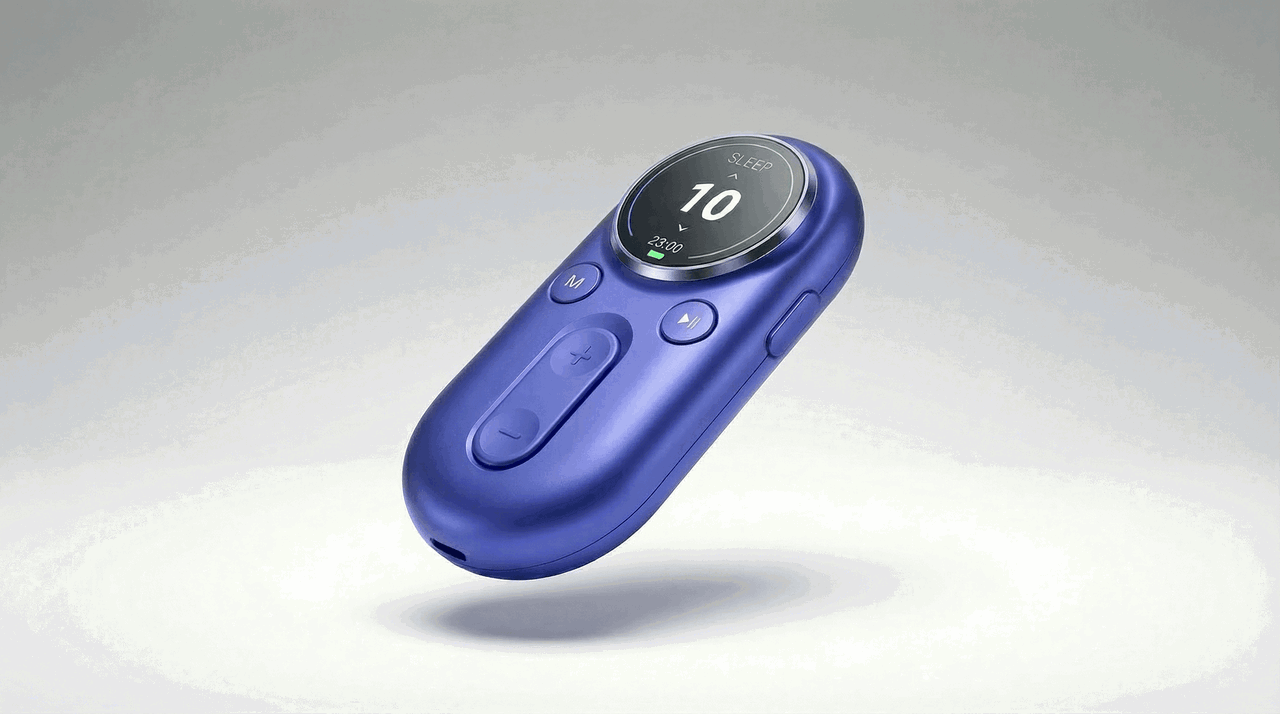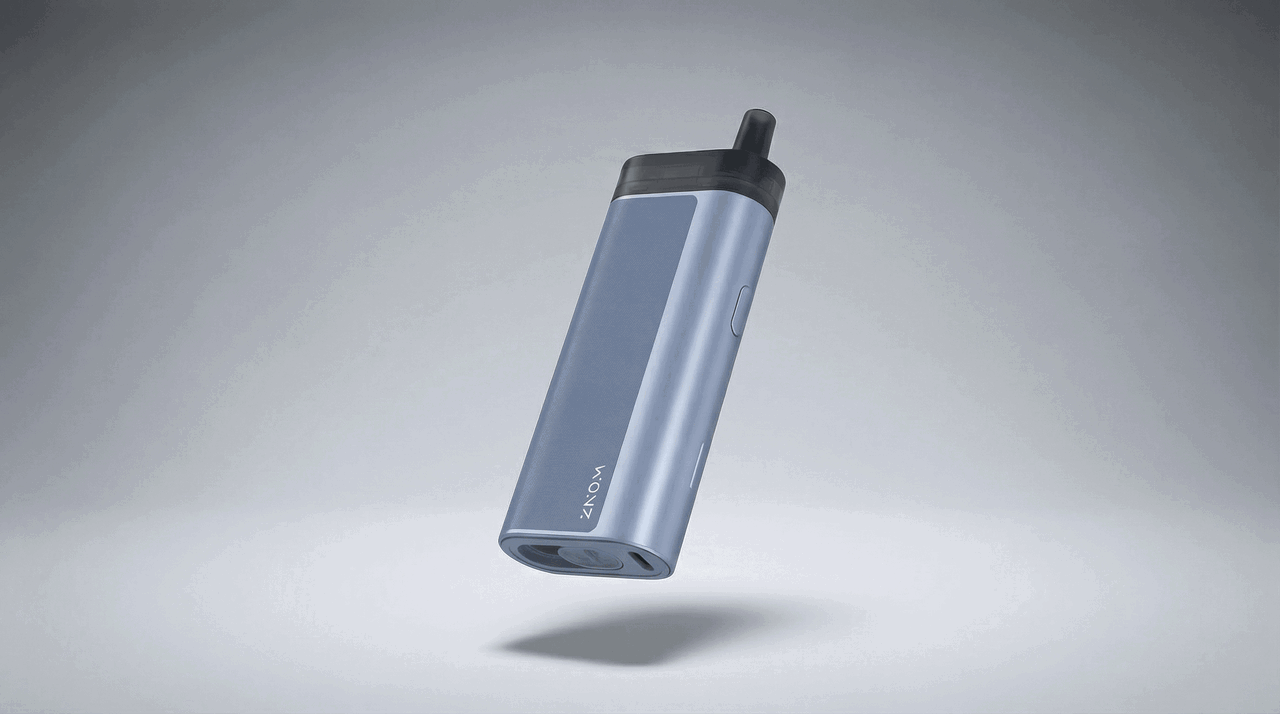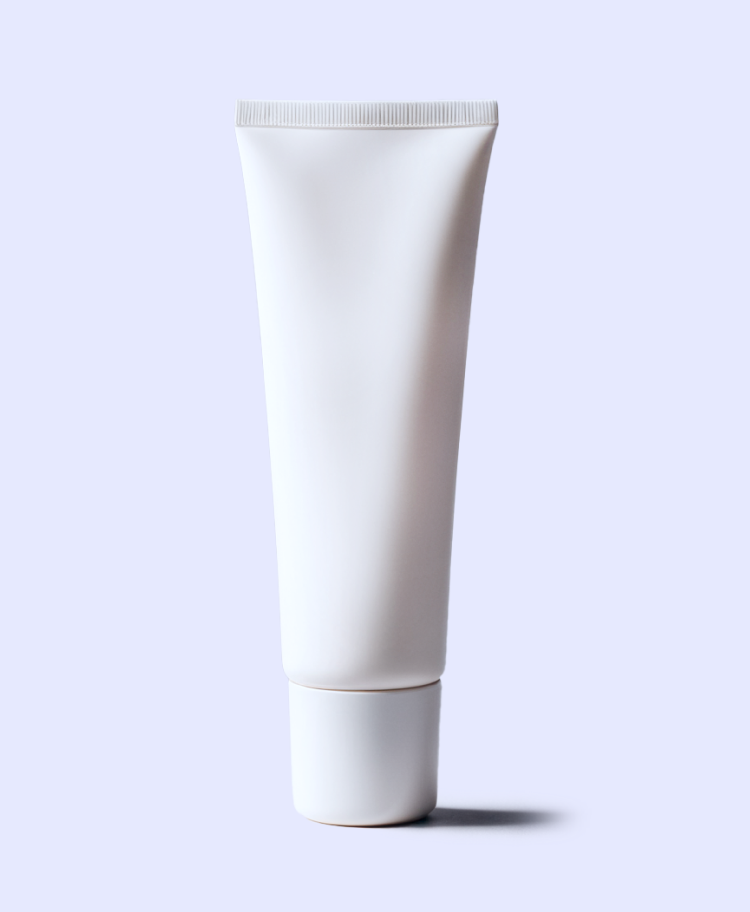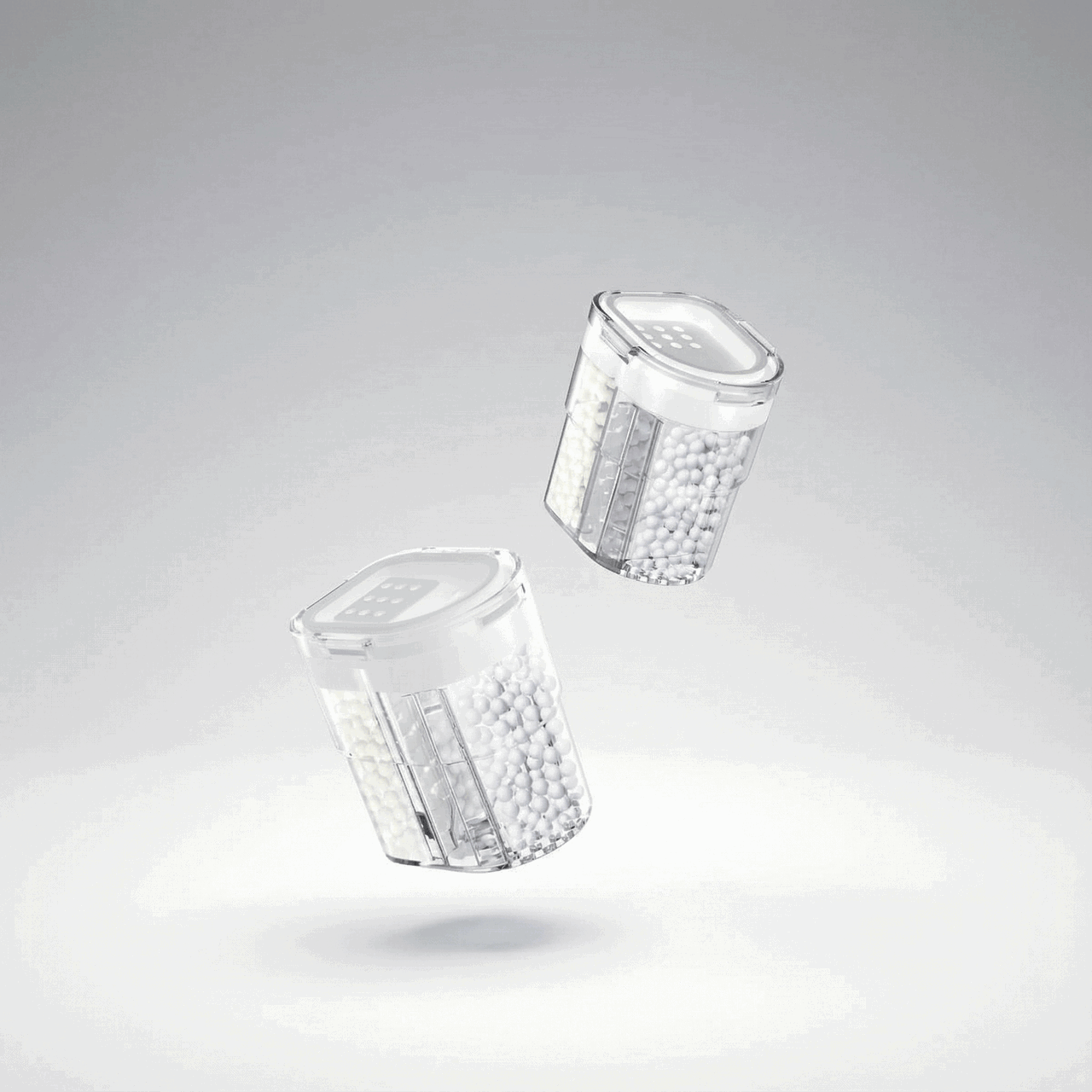Quitting nicotine and flushing out nicotine from the body is a process that involves both physical and behavioral adjustments. Here are some steps that can help:
-
Hydration: Drinking plenty of water helps to flush out toxins and can aid in the detoxification process.
-
Exercise: Physical activity increases blood circulation and helps the body to eliminate nicotine and other toxins.
-
Healthy Diet: Consuming a diet rich in fruits, vegetables, and whole foods can support the body's natural detoxification processes.
-
Nicotine Replacement Therapy (NRT): NRT products like patches, gum, or lozenges can help manage withdrawal symptoms while your body adjusts to being without nicotine.
-
Medication: Some medications, such as varenicline (Chantix) or bupropion (Zyban), can help reduce cravings and withdrawal symptoms.
-
Avoid Triggers: Stay away from situations or habits that make you want to use nicotine.
-
Support Groups: Joining a support group or seeking counseling can provide emotional support and strategies to cope with nicotine withdrawal.
-
Deep Breathing and Meditation: These practices can help manage stress and anxiety that often accompany nicotine withdrawal.
-
Adequate Sleep: Ensuring you get enough sleep can aid in recovery and help your body recover from nicotine dependence.
-
Nutritional Supplements: Some people find that supplements like vitamin C, vitamin B complex, or herbal remedies can support the body during detox.
-
Medical Supervision: It's important to work with healthcare professionals who can monitor your progress and provide personalized advice.
-
Time: Ultimately, time is a significant factor in flushing out nicotine from the body. The half-life of nicotine varies, but it can take several weeks for the body to eliminate nicotine completely.
Remember, everyone's body and experience with quitting nicotine are different, and what works for one person may not work for another. It's important to consult with healthcare professionals for personalized advice and support.







